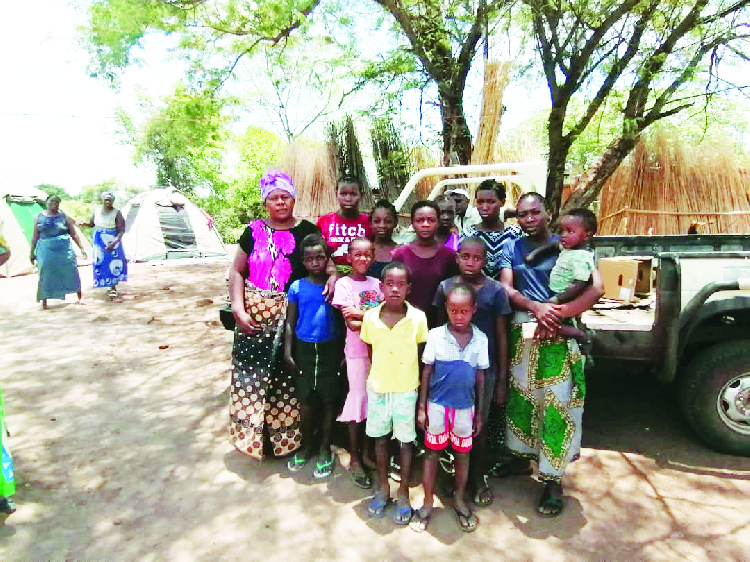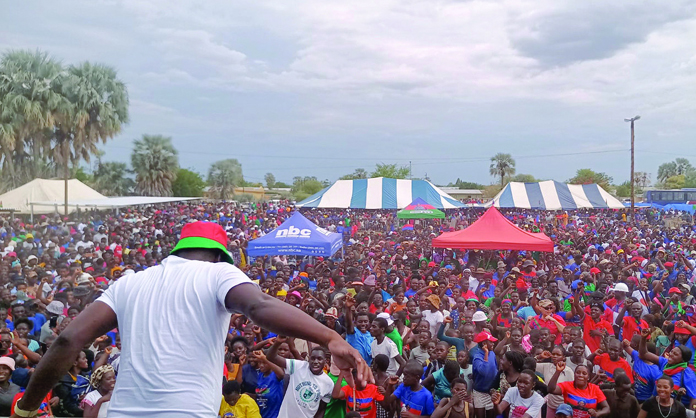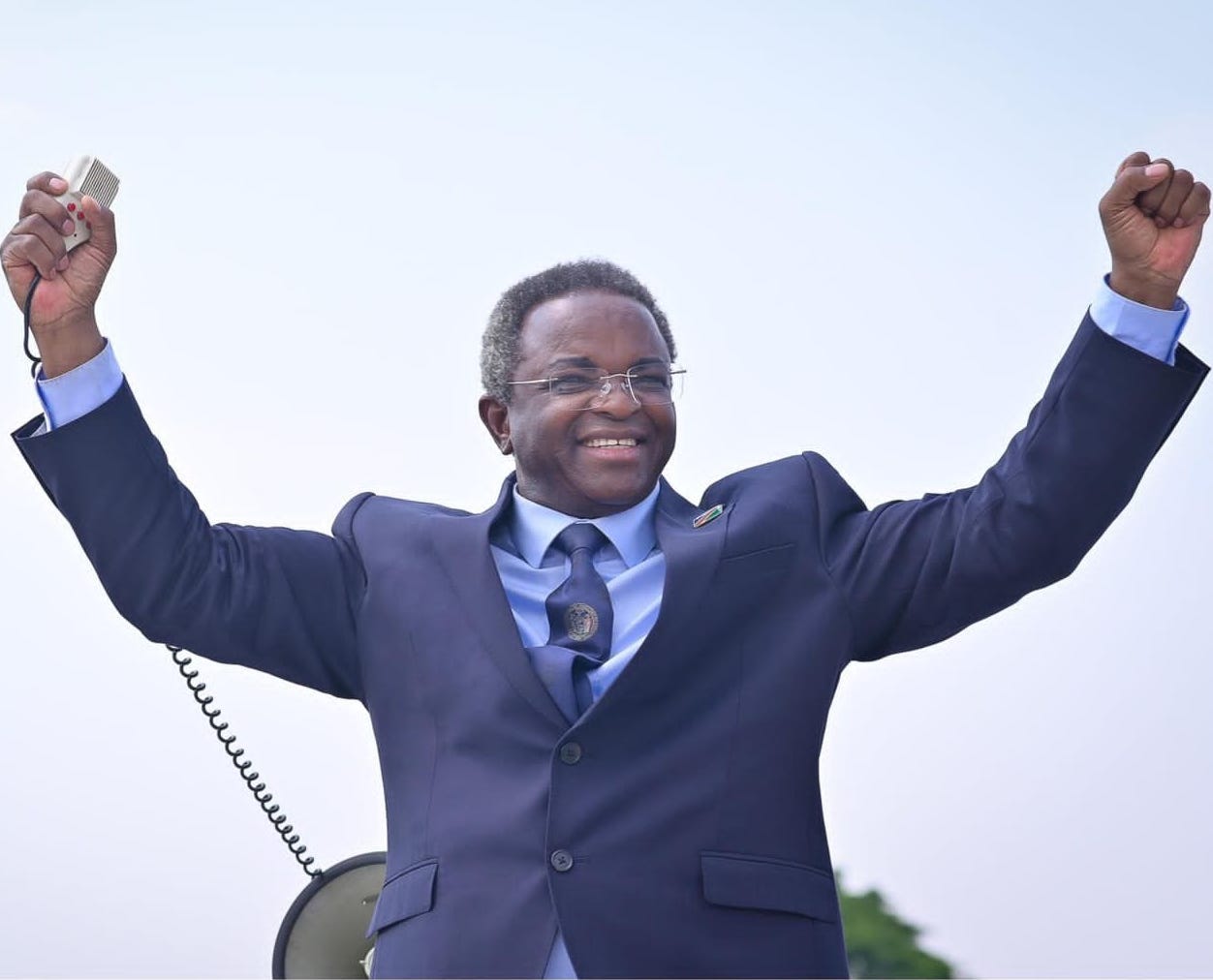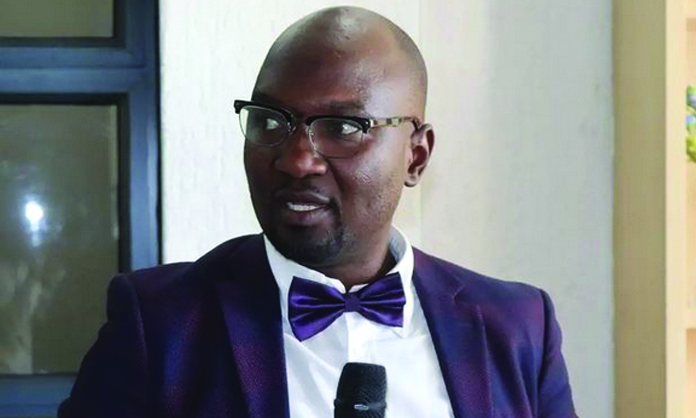THE standing committee on home affairs, security, constitutional and legal affairs of the National Council has found that some families who have been traumatised by the Botswana Defence Force (BDF) in the Zambezi region, and lost relatives, “are left to fend for themselves”.
Some are also yet to receive any psychological support.
This is according to a report on the security situation along the Chobe//Kwando and Linyanti rivers in the Zambezi region between 31 September and 6 October.
The report was presented to the National Council on Monday by Kabbe South constituency councillor and chairperson of the committee, John Likando.
“The committee found that some families that have suffered fatalities, and even lost relatives due to BDF aggression, are left to fend for themselves. These families go out of their way to seek clarification on the events that have led to the deaths of their relatives.
“They have not received any psychological support to deal with the trauma,” said the committee.
The traumatised families include the Nchindo family, which lost relatives at the hands of the BDF on 5 November 2020.
It is estimated that more than 37 people, including a nine-year-old child, died at the hands of the BDF between 1990 and 2020.
The committee recommended that the Zambezi Regional Council liaise with the Ministry of Health and Social Services to provide psychological support services to the bereaved families.
The committee also called on the constituency councils representing the communities where people have lost their relatives to ensure they receive the psychological support recommended.
The report also mentioned the loss of a sense of national security among those who reside alongside the Chobe, Linyanti, and Kwando rivers.
The committee found these people are constantly harassed by the BDF, and normal household chores, like collecting water from the river, cutting reefs, and animal grazing have become life-threatening activities.
“The normal day-to-day activities of the communities have been totally disrupted by daily run-ins with BDF soldiers along the river line, and sometimes within the communities themselves,” the committee said.
According to the report, the committee also discovered that BDF members are enforcing the treaty’s draft code of conduct that is still under discussion between the two countries on conduct dealing with communities in the area.
The committee discovered that there are no established coordinated reporting channels on incidents in the areas.
“There is a visible mismatch between the witness accounts on the number of atrocities and killings that took place in the area versus the number of cases officially reported to the Namibian Police,” the committee said.
The committee discovered there are only two visible beacons installed alongside the Kwando River, and none in the Chobe and Linyanti rivers.
The absence of this vital demarcation of borders is one of the key contributing factors exposing local communities to BDF aggression, it said.
“Communities living alongside the rivers do not know at which point they cross over to the Botswana side of the river when conducting normal fishing activities, or until which point they can allow their animals to graze, and in which areas they are allowed to cut reeds to construct their houses,” the committee said.
It found that according to the Boundary Treaty of 2018 between Namibia and Botswana, boundary beacons must be rehabilitated and maintained.
According to the treaty, both parties are further required to conduct a joint inspection of the border every five years to ascertain whether the parties adhere to what has been agreed upon.
The committee also found that the Botswana government has started operationalising the treaty’s draft code of conduct which guides tourism activities along the rivers.
“It is not being enforced in Namibia, yet has a negative effect on tourism activities in the area. Bilateral discussions between the two parties to address issues of concern are ongoing, thus it is premature to expect drastic changes to be effected immediately,” said the committee.
Andreas Uutoni is the committee’s vice chairperson, and other members are Philemon Ndjambula, Daniel Kuuoko, and Elkan Hainghumbi.
Stay informed with The Namibian – your source for credible journalism. Get in-depth reporting and opinions for
only N$85 a month. Invest in journalism, invest in democracy –
Subscribe Now!






